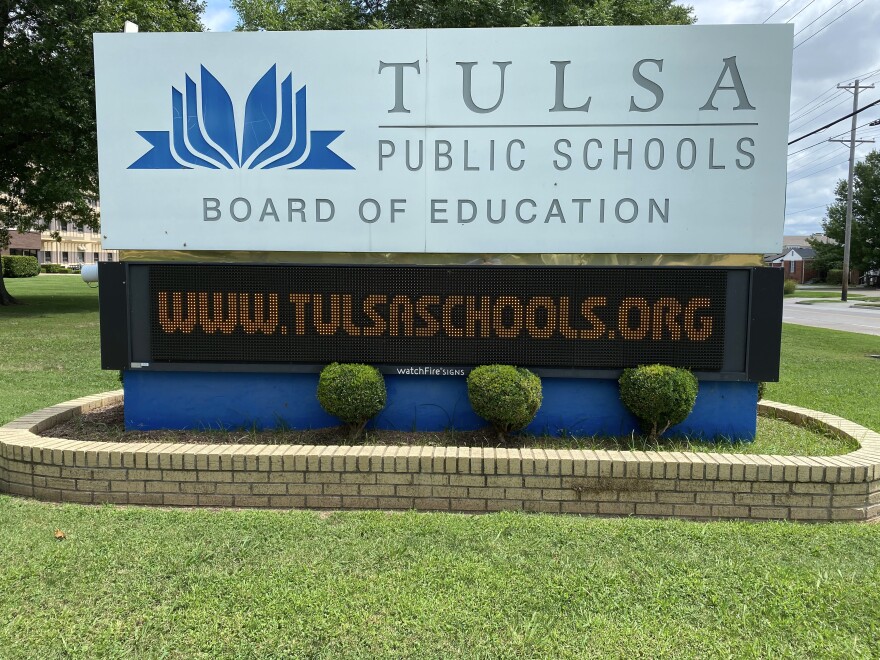Despite having students on distance learning for the entire fourth quarter of the past school year, Tulsa Public Schools is reporting progress on most measures on the district’s scorecard.
Third-grade reading proficiency is up after two years of declines. TPS Director of Data Strategy Sean Berkstresser said the proportion of students meeting projected growth is 49% for reading and 53% for math. The national benchmark is 50%.
"That actually corresponds to about 1,000 additional students in math, for example, that met their projected math growth over the previous year," Berkstresser said.
The district also saw its graduation rate increase to almost 79% — it’s up from 75% the year before and 68% five years ago — but there are a couple of college and career readiness measures missing because of the pandemic.
"There was no SAT testing, so we don’t have college readiness data for our students. And our postsecondary enrollment indicator, which is what we use to understand how many of our kids are graduating and then going straight into a postsecondary institution in the fall, is currently delayed due to data collection challenges with the organization that collects that data," Berkstresser said.
For the 2018–2019 year, 47% of TPS graduates enrolled in a postsecondary institution in the fall.
Almost 78% of novice teachers from last year are back for this year. That’s up 11 percentage points over the past three years.
"This is a big reason why we invest so much in novice educators supports is the difficulty of teaching, the number of novice educators that are in Tulsa and also across the state," Berkstresser said.
But chronic absenteeism is also up, with 30.5% of students missing at least 18 days in the year. Berkstresser said the district is reaching out to families but recommends looking at Child Equity Index data as well.
"Data like access to transportation, walkability scores in different neighborhoods — things like that can really help us as a district and community problem-solve some of the root cause issues to better support regular attendance," Berkstresser said.
TPS did not collect attendance data after March.






